
If you’ve got questions about eggs, we’ve got answers. How to store them, how to tell how fresh they are, and we even have suggestions on what to do with all those eggs the Easter bunny left behind.
Contents
- How are eggs sold?
- Why must they be refrigerated?
- What’s the proper way to refrigerate eggs?
- Can I freeze raw eggs?
- What do the dates on cartons mean?
- How can I tell if my eggs are fresh?
- What causes the different colors of eggshells?
- What determines the color of yolks?
- What can I do with all my leftover Easter eggs?
- For more safety help
How are eggs sold?
That depends on where you live. In the U.S., Japan, Australia, Canada, and parts of Scandinavia, eggs are sold in the dairy case next to other refrigerator staples, like milk and cheese. But this isn’t the case in other countries, such as Britain, France (see photo below), and much of Asia.
Many countries require eggs sold for consumption to be washed before being sent to markets. This started as a way to reduce exposure to salmonella, which is often found on the shell, especially with chickens raised in cramped, close quarters.
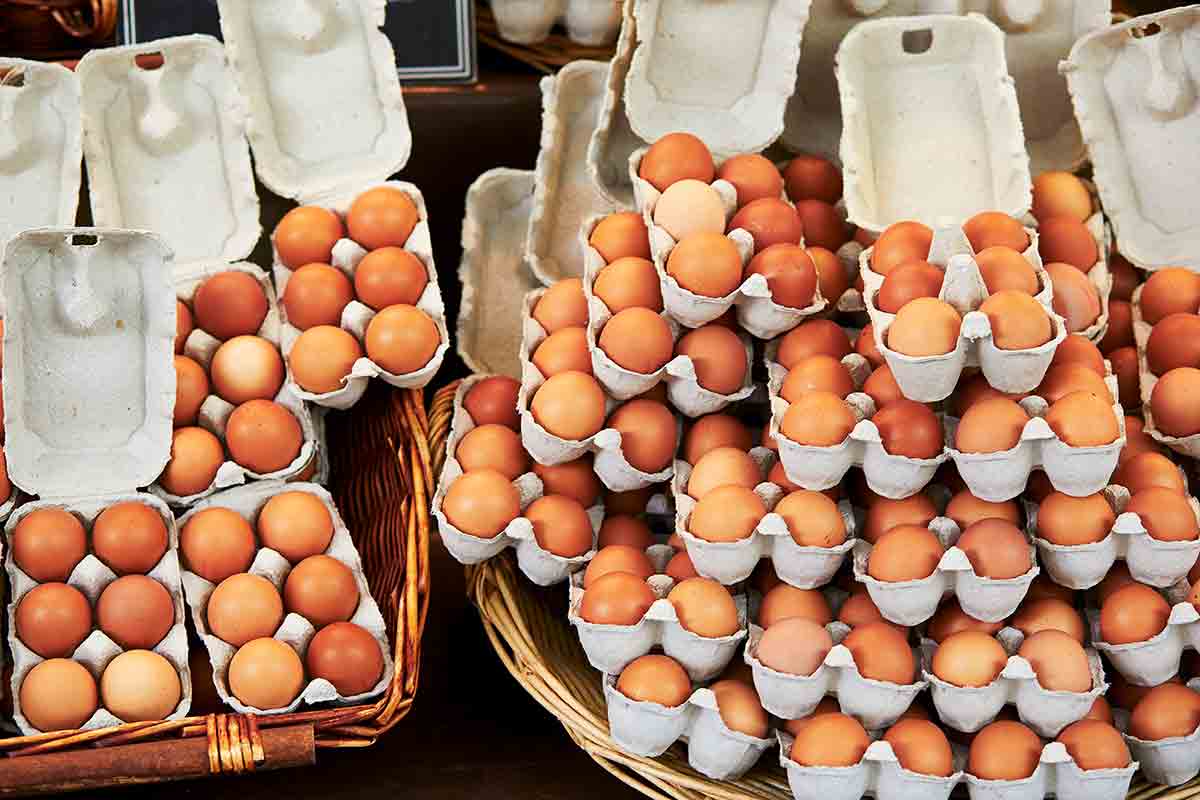
Why must they be refrigerated?
Once eggs have been washed, they must be refrigerated immediately because washing removes the naturally-occurring protective layer on the shell. (Unwashed eggs, on the other hand, still have that protective layer, so it’s not porous and bacteria is much less likely to get into the egg.)
On top of that, after they’ve been refrigerated, letting them sit out is a bad idea. Leaving fridge-cold eggs on the kitchen counter causes condensation on the shell; water and warm temperatures are a breeding ground for salmonella and the water on the shells exposes the egg to contamination. Letting them come to room temperature for a recipe is fine, as long as you use them within two hours.
What’s the proper way to refrigerate eggs?
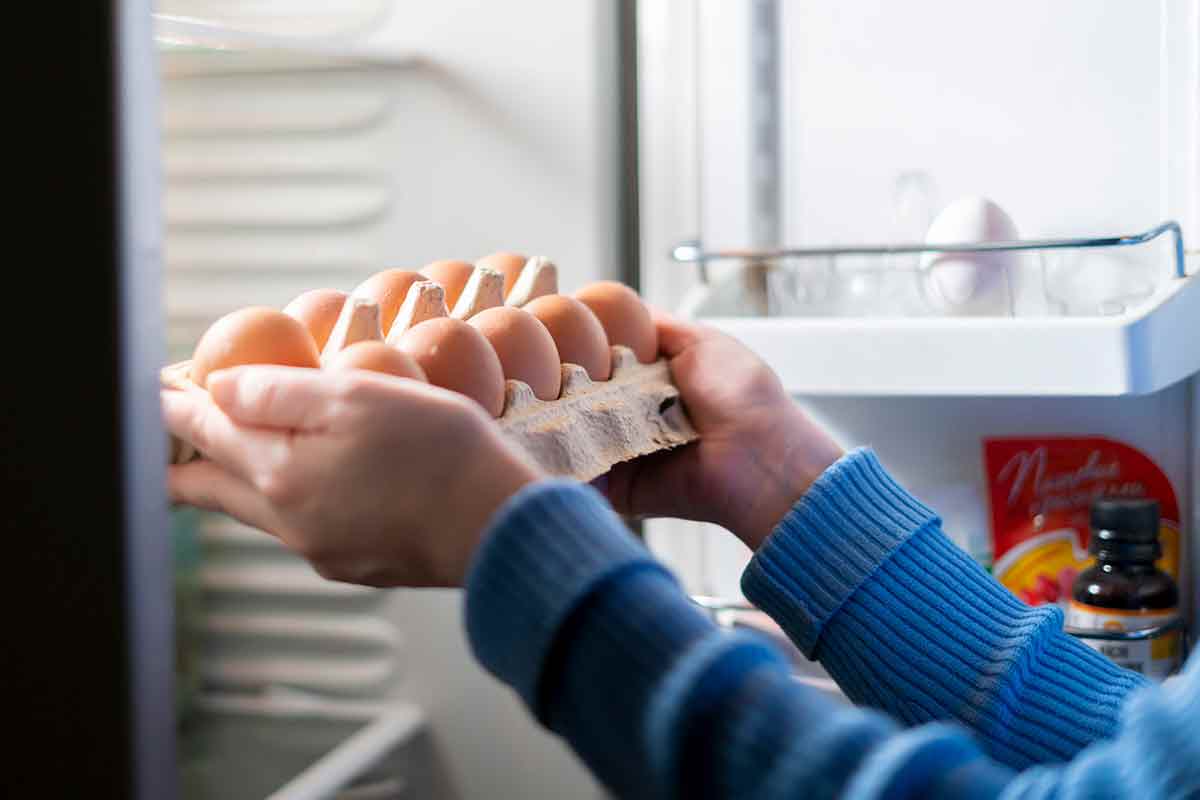
Now that you know why you need to put eggs in the fridge, what’s the best way to do it? Refrigerate them at 40°F (4.5°C) or cooler, in their original container on an inside shelf. The refrigerator door isn’t a good spot because the temperature doesn’t stay as consistent as the interior. The carton itself helps retain moisture and protects the eggs from picking up odors and flavors. Although we’d caution you from keeping them too close to anything truly pungent–cardboard can only do so much.
If you happen to have raw eggs that have been removed from their shells, you can still store them easily. They should be refrigerated in a tightly covered container. Shelled yolks can be covered with water to prevent them from drying out; gently drain before using and they’ll be good as new.
Can I freeze raw eggs?
If you have more eggs than you can use within a few weeks, you can freeze them. They must be shelled before freezing, otherwise, you’re just asking for trouble, unless you enjoy cleaning up exploded frozen ova bombs. Freeze them in any combination you want–whole, yolks, or whites–in freezer containers in the portions you want. Thaw overnight in the refrigerator.
If you decide to freeze just yolks, here’s a little tip for the best outcome. Egg yolks thicken when frozen, but you can stop this by adding 1/8 teaspoon of salt or, if the eggs will be used in desserts, 1 1/2 teaspoons of sugar or corn syrup per 1/4 cup of yolks (that’s about 4 large eggs) before freezing. Beat together and freeze. You might want to label them “sweet” or “salty” if, like some of us, your freezer is full of mountains of frozen good intentions.
What do the dates on cartons mean?
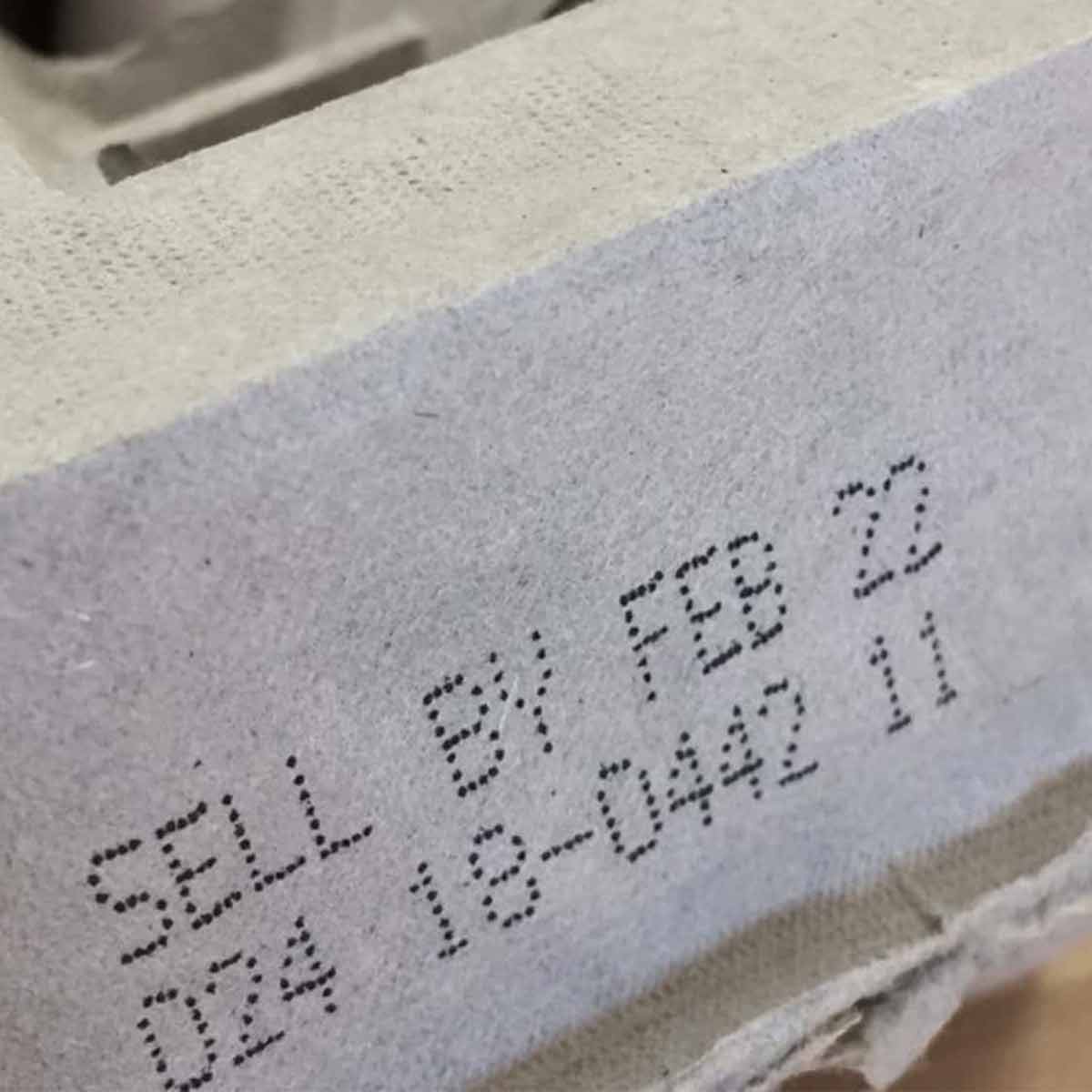
It’s important to understand the difference between the “sell by” date and the “expiration” date on eggs.
Sell-by date
Stores pull eggs from shelves on their sell-by date, even though they’re still perfectly safe to eat.
Expiration date
The expiration date is later than the sell-by date and is the last day recommended for use. Eggs might still be okay after expiration but it’s the date the United States Department of Agriculture suggests that you toss ‘em.
Pack date
The USDA also requires all graded eggs to have their pack date—the day that they were washed, graded, and packaged—stamped on the carton. You’ll usually find it on the end, near the sell-by date or expiration date. It’s listed as a Julian date, so it’ll be a three-digit number. Jan. 1 would be listed as 001 and Dec. 31 would be 365. This number is helpful to determine a reasonable sell-by date if your state doesn’t require one. Count out four to five weeks from that date and use before then.
How can I tell if my eggs are fresh?
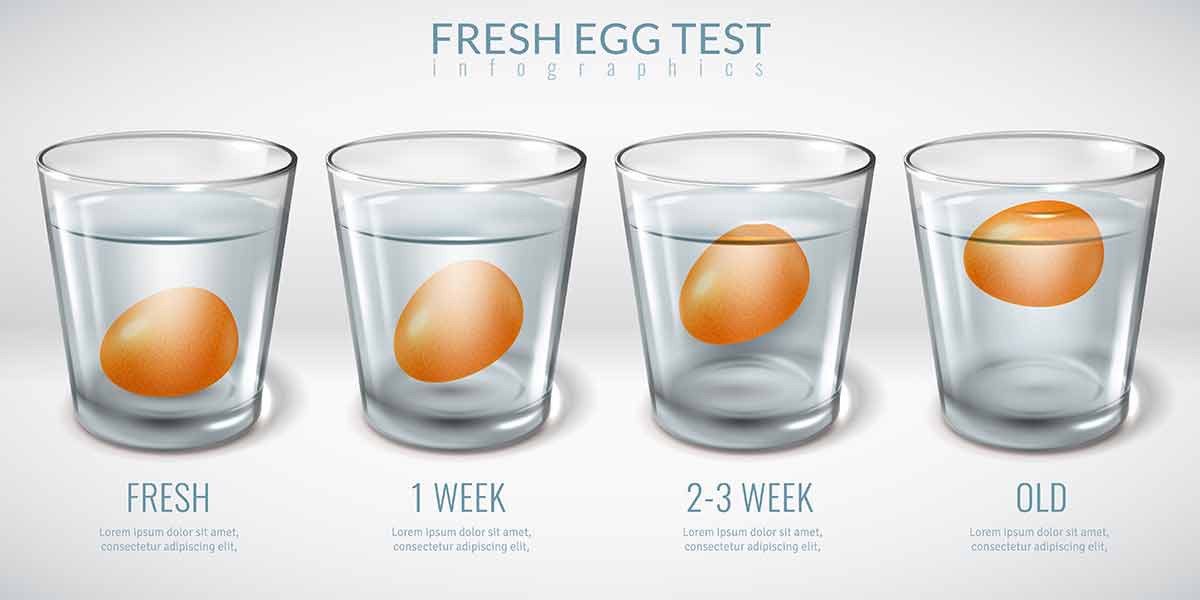
The sell-by and expiration dates are the best way to know the freshness of your eggs, but sometimes you don’t have that info. Say, someone knocked over a pitcher of lemonade in the fridge and now you can’t read the dates. How would you know how fresh those eggs are? Asking for a friend.
There’s a pretty good, and easy, indicator of how long they’ve been around. Called the “float test,” it won’t determine if an egg has gone bad, but it will provide a useful indication of its age. Place your egg in a small bowl of tepid water. As eggs age, the porosity of the shell allows moisture to escape and get replaced by air. A fresh egg will sink and lay on the bottom of the bowl. The older an egg is, the more it floats–an older egg will rise right to the top, end up.
Uses for fresh eggs
Eat them scrambled or in quiches, where you want clean flavors. Fresh are also better for frying and poaching because the yolk is less likely to break.
Uses for older eggs
Use older eggs in baking where you won’t notice the slight loss of flavor or robustness.
What causes the different colors of eggshells?
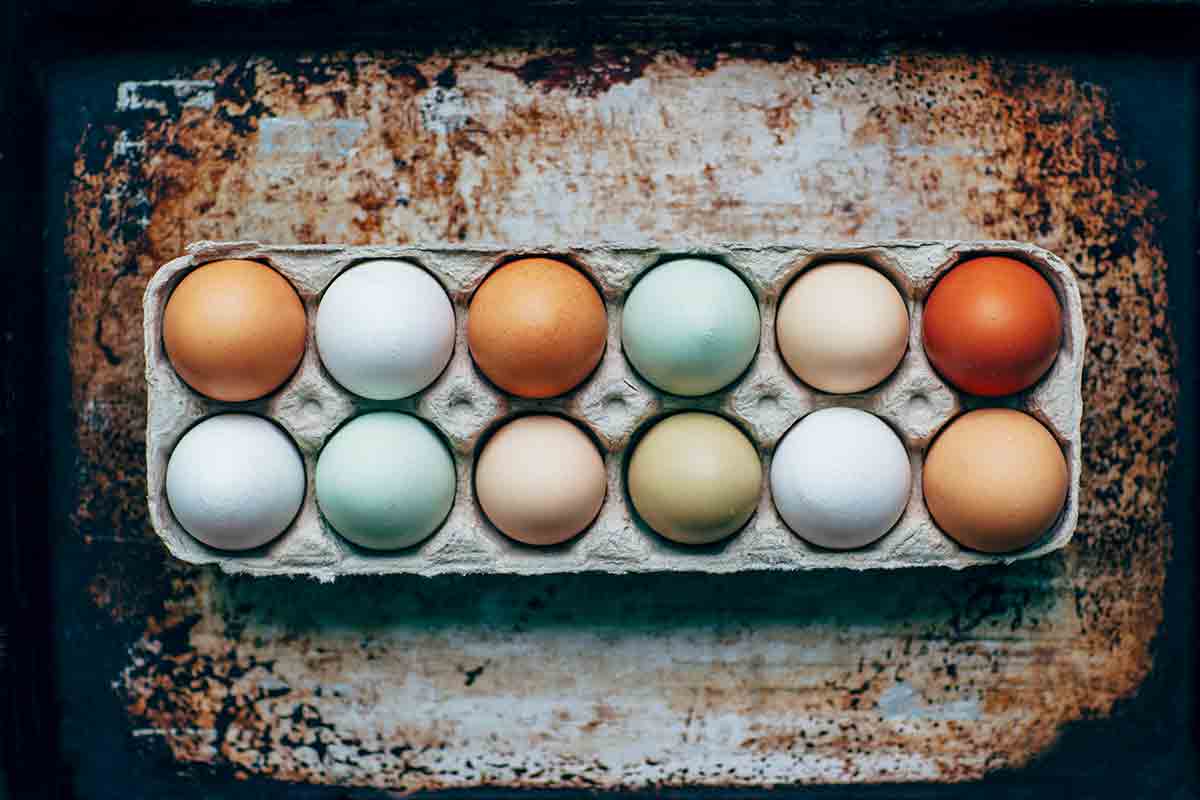
While this might not be the most important info, we bet you’ve wondered about it. White eggs are laid by chickens with white feathers and white earlobes (chicken earlobes!!), while brown eggs are laid by red-feathered chickens with red earlobes. That’s it. There’s no real difference nutritionally unless the feed has been enhanced with Omega-3. Brown eggs do come from chickens that are larger in size and require more feed, which is why brown eggs are often more expensive. Oh, and those lovely blue and green eggs? Again, it’s all related to the breed.
What determines the color of yolks?
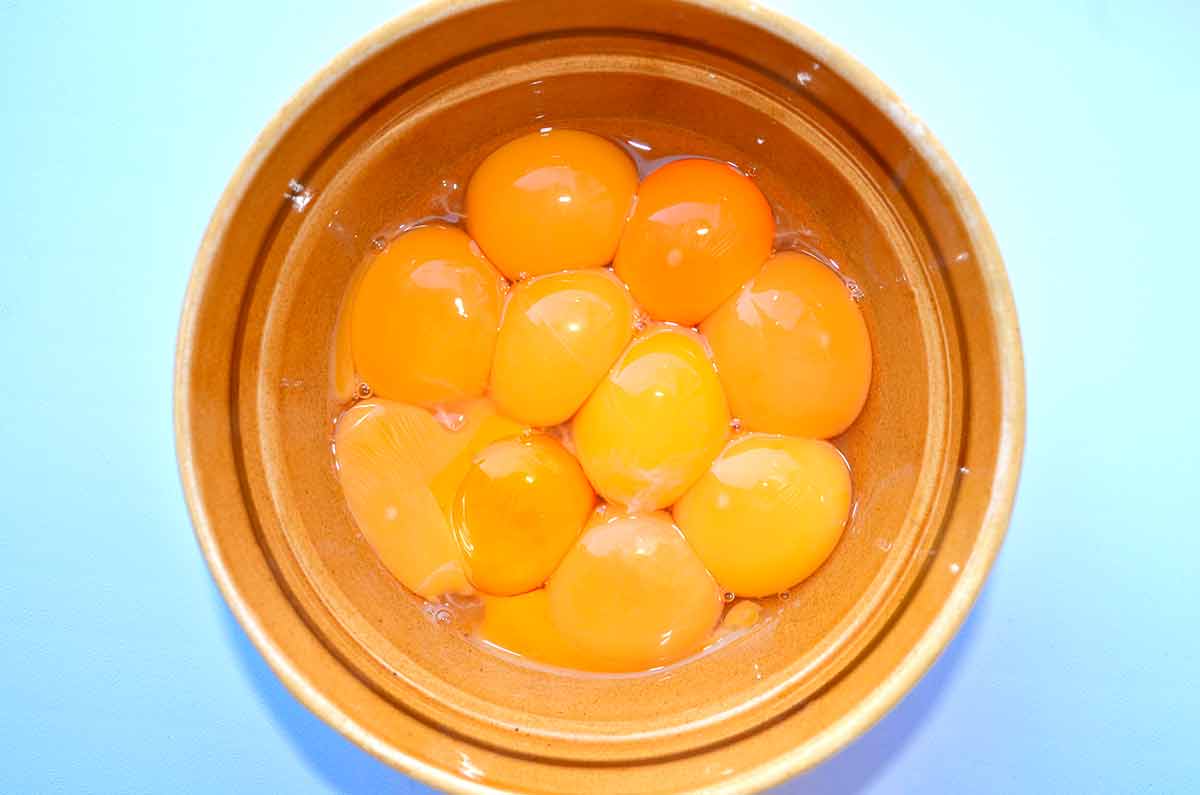
Regardless of the breed, yolk color is influenced by the hen’s diet. Wheat-based diets make paler yolks while corn-based chicken feed produces deeper yellow/orange yolks.
What can I do with all my leftover Easter eggs?
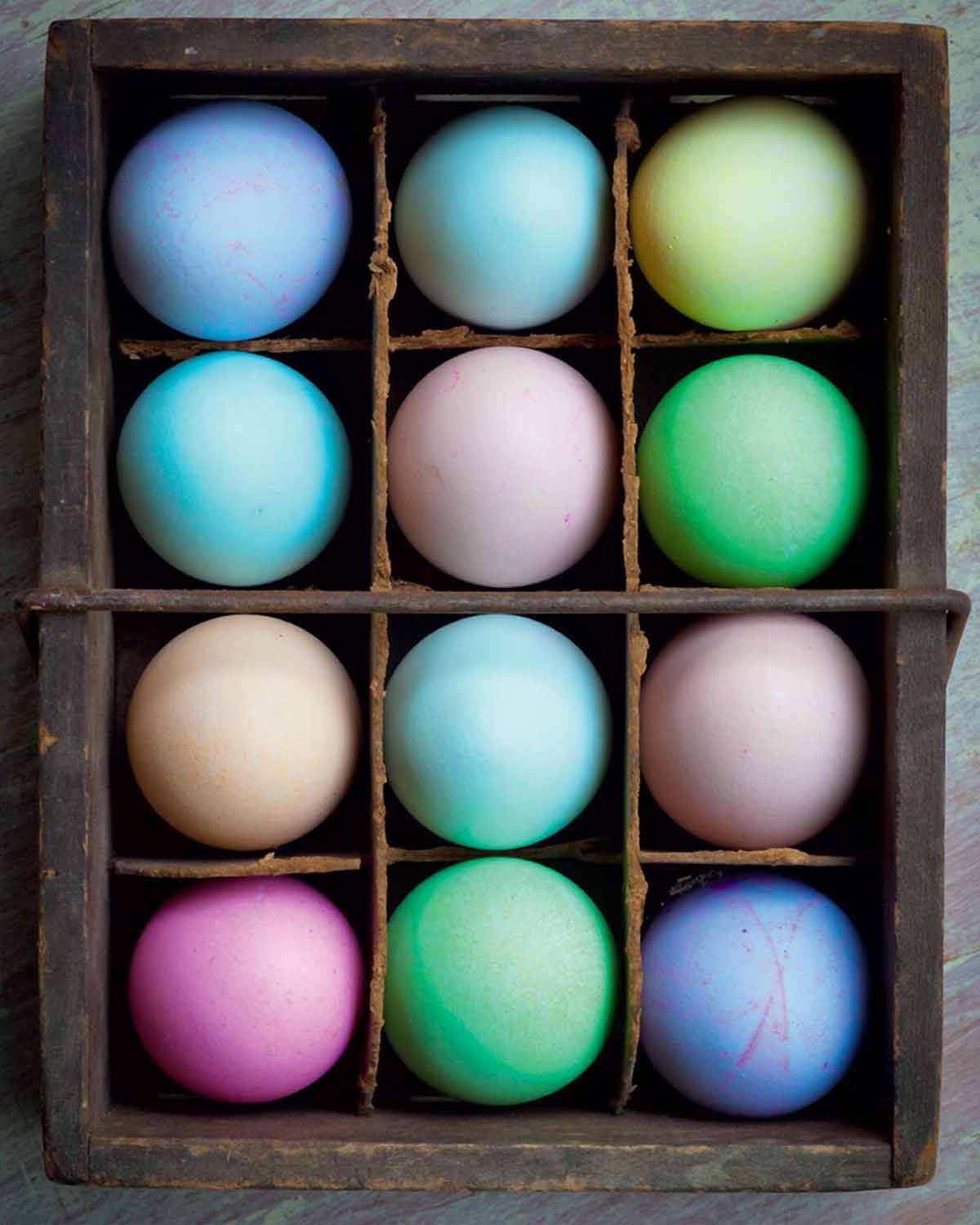
If you’ve put all the time into decorating and hiding those beautiful yellow-eyed jewels, you might be hesitant to just chuck ‘em at the end of it all. So what’s the best way to make sure they’re edible?
First, hard boil them in your preferred manner. If you don’t have one, here’s our suggestion. Next, make sure that you’re using a food-safe dye, like some of these natural options.
To make your eggs last once you’re done coloring them, store them unpeeled in an airtight container in the fridge. Hard-boiled eggs will keep for about one week. Not removing the shells protects them from lingering bacteria. Once you peel them, eat immediately! The USDA goes on to say that “the total time for hiding and hunting eggs should be no more than two hours.” Also, be careful with hiding and hunting–if the shell cracks, bacteria could contaminate the egg so you’ll need to dispose of it.
Finally…what to do with them? We have LOTS of ideas for you beyond sandwiches or potato salad, like pickled, hard-boiled with dukkah, steeped in Chinese tea, or deviled with Sriracha. And, there is this brilliant list, that has even more ideas.
For more safety help
Find the complete US Food and Drug Administration guide to egg safety here.
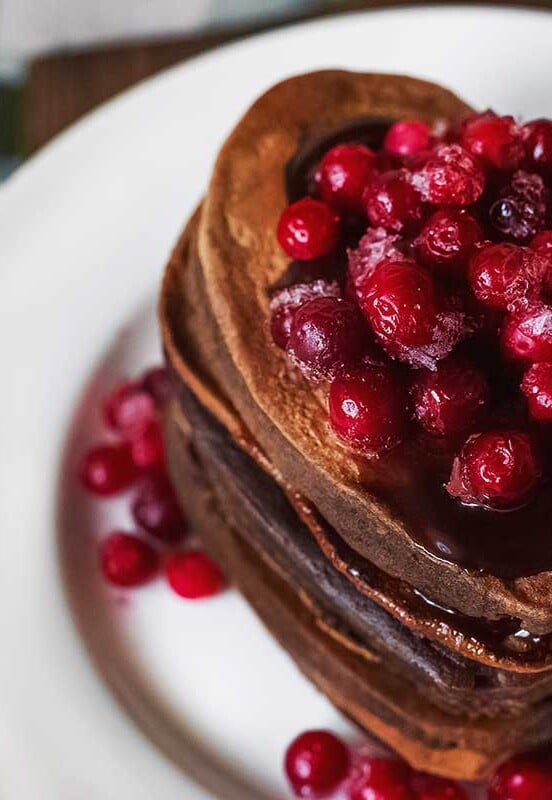
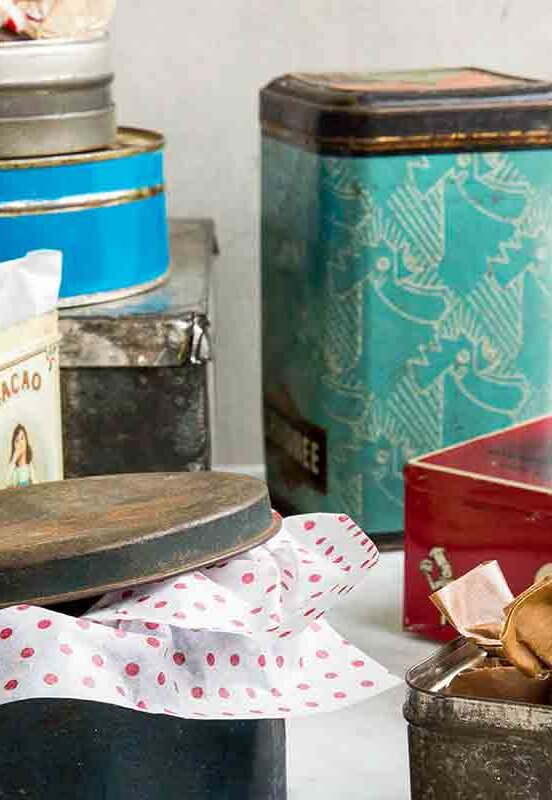
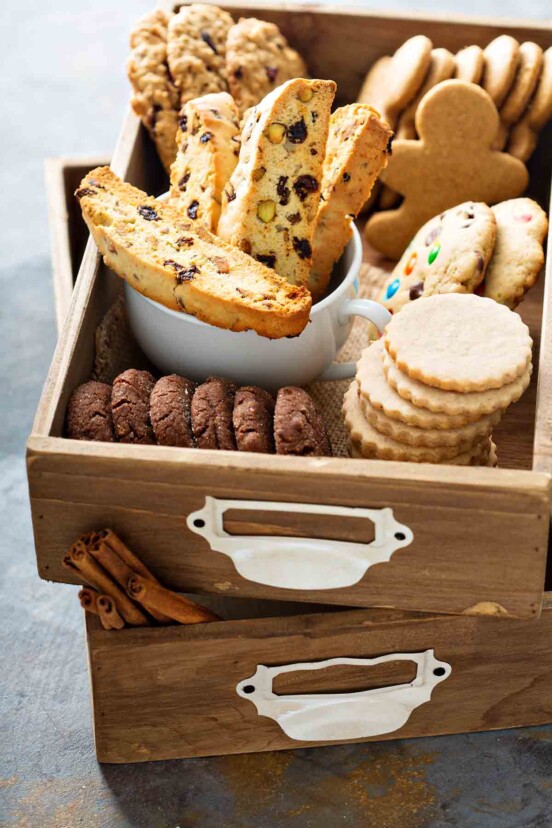









Good informative article.
Here is a picture of egg sales in China. Don’t know how they got them home!
Excellent, Scott. Most likely they have their own containers to transport them…or they walked very, very carefully.